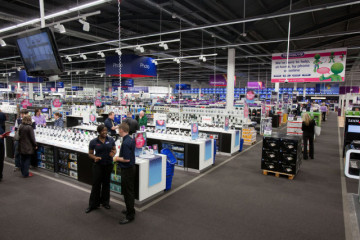 Three quarters of UK IT decision-makers believe their organisation could have made the transition to a hybrid model sooner if they were aware of the pros and cons before the pandemic.
Three quarters of UK IT decision-makers believe their organisation could have made the transition to a hybrid model sooner if they were aware of the pros and cons before the pandemic.
Research from eFax found that with most employees now accustomed to the flexibility of being able to work remotely, and many employers now offering this in the long term, organisations that do not offer such flexibility risk deterring their workforce and being unfavourable to future talent.
Half of all UK IT decision-makers believe the inability to attract and retain talent and over a third believe being unable to accommodate family life, are big risks if businesses do not enable a hybrid workforce. A further third believe it would risk a disengaged culture among employees.


















